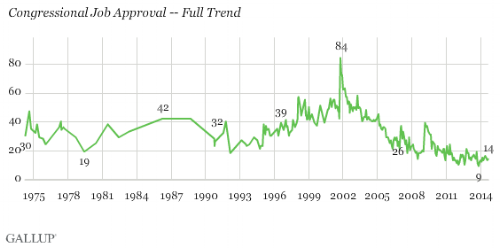President Xi and the Chinese Ruling Party
While the United States and China appear to be wrestling with the possibility of an impending trade war over steel and aluminum exports, a separate major development has been playing out within China's main governing body. Just last week, China's president Xi Jinping made a move to abolish term limits on the presidency and maintain his position for life. Most cases of people proclaiming themselves ruler for life tend to involve authoritarian repression, and this case would be no exception. This week, we examine the rise of China and its future under a new political dynasty.
China as we know it today was formed out of the chaos of the Second World War, when Japanese forces invaded much of the area in their attempt to establish a Japanese empire. Following a major civil war in 1949, the Communist party under the leadership of Mao Zedong formed the People's Republic of China. The Communist party worked quickly to attempt to transform the mostly agrarian society into a large-scale industrialized nation. One such effort, called the Great Leap Forward, resulted in the starvation deaths of nearly 45 million people, as farmland was seized and collectivized into the government's system. Political battles such as the Cultural Revolution sparked instability as well, creating large-scale social strife. However, these actions succeeded in making China an economic powerhouse on the global stage.
Being a Communist nation, there isn't a whole lot of diversity in China's political system. Some basic elections do occur at the regional and local level, but the vast majority of important positions are appointed by the party. Still, public support for China's government remains in the high 80s. This is because, much like in other authoritarian nations around the world, their citizens are generally content as long as their government doesn't screw things up too badly.
And it hasn't gotten much better recently.
China's current leader, Xi Jinping (pronounced "she gin ping") has been extremely effective at consolidating power in recent years. He currently serves as General Secretary of the Communist Party and President of China. He has instigated a massive "anti-corruption" campaign which has conveniently removed a large number of his potential political rivals. Just last year, his own political manifesto was essentially written into the constitution of China. And now, with his latest proposal to the National People's Congress, Xi will be positioned to serve as president for life. Though this move has been criticized by some within China, it's important to note that nearly all dissension is blocked on social media. Among these dissensions include using the character "n" and all references to beloved cartoon bear Winnie the Pooh.
It's treason then!
China has long been trying to position itself as a strong and stable power in the world, and this move certainly furthers that goal in the short term. Whereas the United States is constantly making dramatic shifts from one policy extreme to another, China is usually consistent in its actions. China's moves to consolidate control of the South China Sea and large military spending increases also mean that it seeks to use this strength while it still can. But of course, such authoritarian moves have their downsides. Long term rule by one individual can often lead to stagnant polices that become detached from the needs of the people. They also make the inevitable political transitions much more difficult.
So why should you care? Well China is a quickly rising power and could match the United States militarily if given a chance. Of course, this doesn't mean that conflict is inevitable or even likely between both nations, but proxy battles in other countries (like Vietnam or Taiwan) would be very plausible. Once China ascends toward the level of the United States, then it will be calling more of the shots on international affairs, trade deals, and so much more. And you can be sure they won't have your best interests at heart when they do. This doesn't mean the United States should respond offensively, but the current perception of abdicating its global leadership position is certainly not the correct course either.



